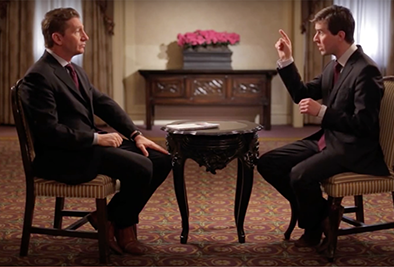Stephen Kinsella is a lecturer in economics at the Kemmy Business School, University of Limerick. He studied for his BA at Trinity College, Dublin, was awarded his first PhD at the National University of Ireland, Galway under K. Vela Velupillai, and studied for a second PhD at the New School for Social Research in New York under E.J. Nell. He is interested in Irish public policy, macroeconomics, and has published in health economics and written on the teaching of economics. He writes a bi-weekly column for the Guardian, and blogs regularly at www.stephenkinsella.net.
Stephen has written or edited four books: Ireland in 2050: How we will be Living, in 2009, Understanding Ireland’s Economic Crisis: Prospects for Recovery, 2010 (with Tony Leddin), Quick Win Economics, 2011, and Computable Economics, 2011 (with K.Vela Velupillai and Stefano Zambelli). He has also written a number of journal articles, book chapters, and book reviews.


